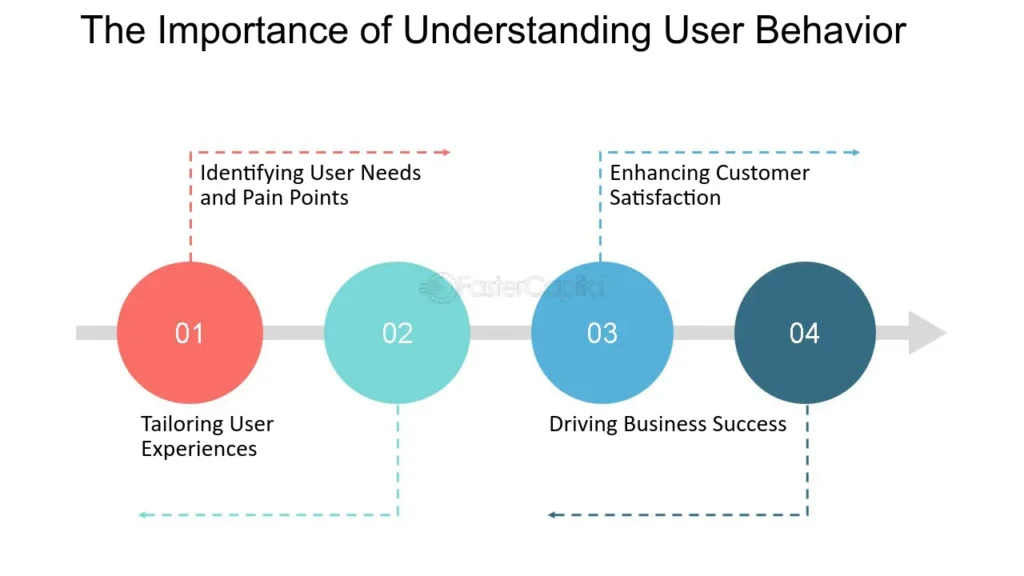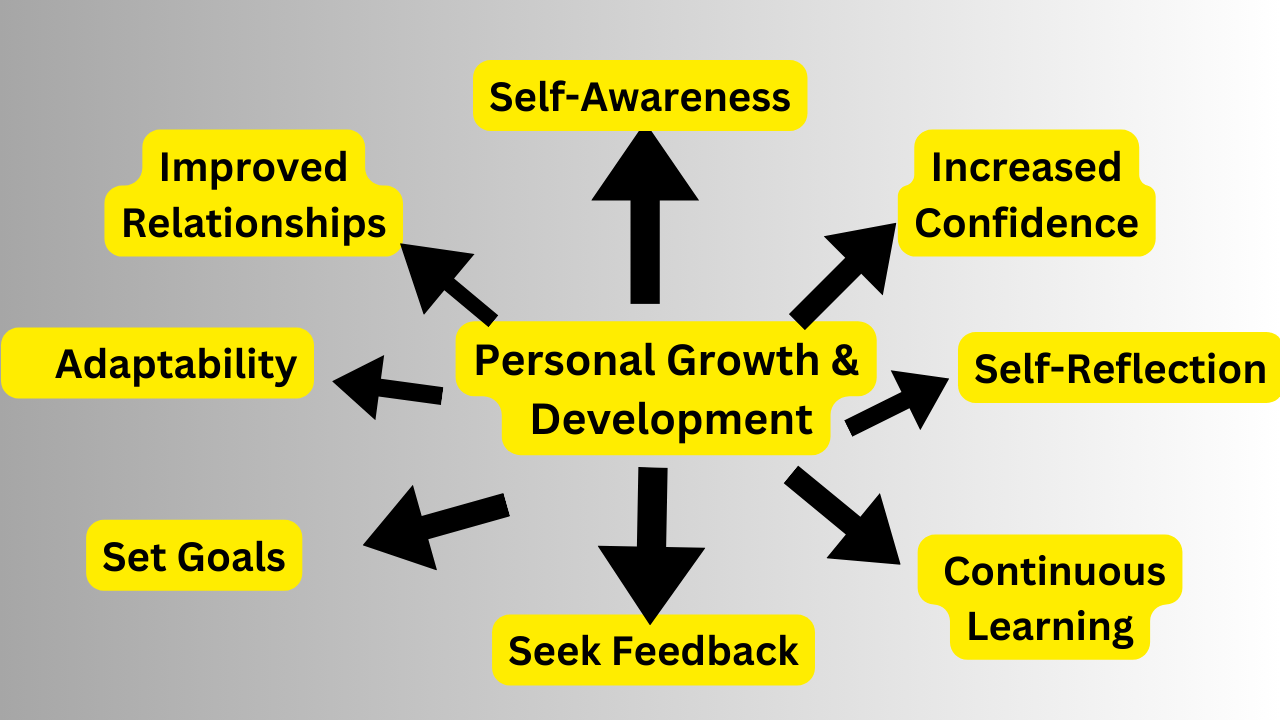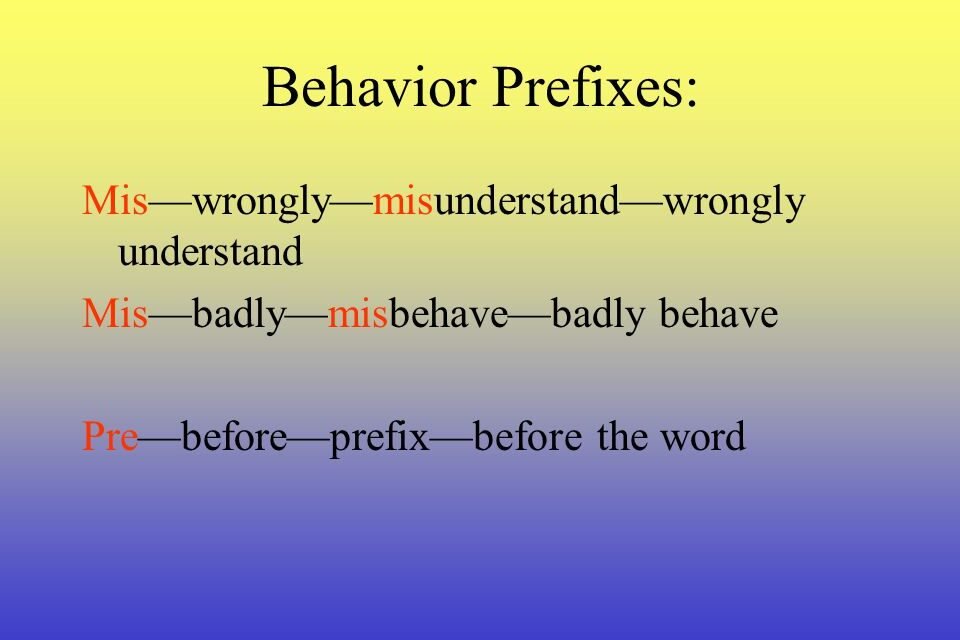- Introduction: The importance of understanding behavior for success
- The Power of Self-Awareness and Personal Growth:
- – How self-awareness impacts our behavior and choices
- – Tools for self-discovery and personal growth
- Understanding Others: The Role of Empathy in Success:
- – How empathy can improve relationships and communication
- – Tips for developing empathy
- Navigating Difficult Situations with Emotional Intelligence:
- – What emotional intelligence is and why it matters
- – Strategies for managing emotions
- FAQs:
Introduction: The importance of understanding behavior for success

Success is viewed by most people as a goal, Prefix With Behave Or Begotten, yet it is crucial to focus on the process in order to attain success encompasses looking for what we do and what kinds of decisions we take. How many times have you paused to think about the effect of your behavioural outlook on your achievement and others’ as well? Some myths might not be true, but the truth is that behavior is the key to performances that you never thought you were capable of. If you have gone through experiences or is a work in progress, the fact that you look at behavior within the context of everyday situation is one shift that changes the game. Exploration of self awareness, empathy and emotional intelligence is what we embark upon in search for strategies that yield crucial success Prefix With Behave Or Begotten.
The Power of Self-Awareness and Personal Growth:

Consciousness is one of the most powerful survivor factors developed within oneself.When people are conscious of their thoughts, feelings and actions, then they are exposing themselves to a possibility of change. It is like looking in the items: the better this perception is the more good steps a person is capable of taking in this life.
Some practices like keeping a diary or meditating may assist in this. Such devices allow us to perceive certain sequences in the designs or moves we tend to take. By understanding what makes us tick and what makes us shine, we create opportunities to achieve the impossible.
Personal development is not only about looking inwards; this process also includes finding areas to improve with this new awareness. It might involve learning how to communicate effectively, overcoming procrastination or other inadequate mental habits, and each accomplishment is one more brick fortifying this wall over time.
This process may be looking difficult but it is also very satisfying. Walking on the path of development is never easy growth tends to make us uncomfortable because that is where real change occurs. Getting familiar with the present you will helps in creating the future one.
– How self-awareness impacts our behavior and choices
Self-awareness serves like a mirror, as it tells who we are in terms of feelings and thoughts. Once we know who we are, it is apparent why we do certain things and the role of emotions in provoking such behavior.
Such understanding brings about better actions taken. Rather than taking quick actions, we sit down and think through the available options. We are more deliberate in our actions.
A self-aware individual helps in understanding such behavioral patterns. For example, when stress brings about anger, such knowledge would help avoid the situation from getting out of control.
In addition, self-awareness encourages ownership. We begin to own our decisions, rather than pointing fingers to the environment.
Self-discovery and an appreciation of one’s growth brings new perspectives in a person’s life including growth in relationships with other people. The chain reaction is far-reaching; it goes beyond an individual’s life but also to the lives of people surrounding the individual.
– Tools for self-discovery and personal growth
Now, every individual embarking on such a quest should have the requisite tools. Faulty thinking or feeling can be examined and digging deeper into one’s emotional state can help. Exploring feelings in written form can reveal the tendencies in behavior that are often surprising.
An equally interesting device is mindfulness meditation. This sort of activity aids in coming to terms with the existing you, and hence fostering improvement. Just a few such trances every week can help reveal the person inside you.
A popular assessment of an individual’s personality is the Myers-Briggs or Enneagram self tests. These tools can be beneficial in showing what some of the vicious circles are and the general swaths on which one is strong and which requires further development.
Trusted friends or a mentor are always essential in tackling some of the personal problems faced. Feedback from them is generally constructive and is directed to help us see things that we might have missed or are unwilling to confront while further compelling us to evolve. Look at these approaches in a broad perspective as to how a person would begin clean from clutter to a broadened understanding of self and living in a fulfilling way.
Understanding Others: The Role of Empathy in Success:
In relationships, empathy is important and remains as a pillar. It helps in closing distances between people and also, encourages more intimacy. When we try to put ourselves in others’ shoes, almost every aspect of interaction gets improved.
To be clear, listening more can be the very solution to every problem you may be facing. Rather than waiting for others to finish speaking so that you can assert yourself, concentrate on what another person is communicating. Such a small move extends courtesy to their side.
The ability to put oneself in another person’s shoes is not about wanting to suppress your own feelings; it is acknowledging your own feelings and at the same time seeing how others are feeling also. Ask yourself what they could be feeling and in what instances.
To acquire empathy, you require a deliberate effort and some repetitive exercises. Meet those who are different from you in many aspects. Engage into conversations which require people to think and not those which are shallow.
It is in the best interest of your personal relations as well as your business outlook that you develop an empathetic understanding. We all know that people want to be understood, and this understanding mostly fosters a working cooperation and respect for everyone’s space.
– How empathy can improve relationships and communication
Building better relationships requires the presence of a powerful weapon – empathy. When we adopt the perspective of ‘the Other’ we listen and understand and, therefore, bond. As a rule, the outcome of this is more cognitive, productive interaction.
Here, active listening is paramount. By actually listening to others, we provide them emotion in return. Such treatment makes people more on the guard, but they nonetheless feel safe and appreciated.
Furthermore, conflict does not have to be a straight-forward matter. Rather than avowing, which is usually our default action when attacked, it is better to see why the other person is attacking in order to bring down the heat.
The effect? People are now able to understand each other better and all that becomes more vivid: the communication gets clearer while the surrounding people become closer. The comprehension that one is appreciated emotionally motivates people for confession.
Daily application of empathy in action can enable one to turn conversations into avenues for bonding and working together. It is about regard towards one another within our – workplace or home – environments resulting into improved colleague’s cooperation and assistance.
– Tips for developing empathy
To build empathy you have to listen actively first. Focus on the person talking to you and do not interrupt. This simple action can make way for a better understanding.
Now look at the situation from the other end as well, that is, see how it feels for other people in the situation. Ask the question, how would one feel if one was in such a position. It is fascinating how emotions work and how such changes promote growth.
Interact with people from other cultures. Learning different cultures or ways of living develops your orientation and enhances one’s sympathizing ability.
Reflective practice is necessary in all relationships. After every conversation, think about how you may have hurt the other person’s feelings and how this should be done differently next time.
Be brave enough to show your weaknesses. When people express their emotions, others feel secure and do the same which leads to healthier relationships.
Navigating Difficult Situations with Emotional Intelligence:
Emotional intelligence refers to the ability to identify and manage your own emotions as well as those of others. This particular skill can change the way in which you perceive specific problems.
When a disagreement takes place, stop. Give yourself a moment to breathe before you say anything. This simple activity brings the focus back in the midst of confusion.
After that, articulate your feelings. Do you feel closed out from others and angry? Or do you feel anxious? These emotions can be helpful, but if not named they cannot be controlled.
Try to understand where the other person is coming from. Utilize descriptive open-ended questions instead of focusing on accusations that may put the person on the defense. A willingness to listen doesn’t only allow one person to speak.
Imagine yourself in their position to develop an understanding of their pain. What would they fear or what would be their feelings?
Be clear and polite in your feedback. Make no accusations; only state how the actions in question make you feel.
It becomes easier dealing with such situations if one applies emotional intelligence in all interactions.
– What emotional intelligence is and why it matters
Also known as EQ, emotional intelligence refers to the ability to perceive and assess all emotions, both yours and others. It means being able to feel, control one’s feelings and use this in any situation.
In any area of activity, either personal or professional, such importance is placed on this skill. For example, the person who possesses a greater emotional intelligence knows how to handle complicated social situations better. They are more effective in their communication, conflict resolution, and relationship building.
In addition, this type of intelligence is responsible even for decision making. When emotions are present, we make better evaluations of the situations at hand. Such context allows one to think rather than feel and respond impulsively to situations.
The enhancement of such an intelligence facilitates progress in different areas of human activity. Such skills are developed by individuals making them ready for development and understanding in the society.
– Strategies for managing emotions
What are the ways in which we can practice dealing with our emotions since it has a bearing on our lives both personally and professionally? Emotional intelligence is not a modern day fad; it is a necessary quality that ensures that we act accordingly irrespective of the scenario.
To regulate your feelings, it helps to begin with being mindful of what is currently happening. This means being non-judgmental in observing your emotions in the present time. This can be achieved through mindful practices such as meditation or deep breaths.
Another simple strategy is to start naming your emotions. In particular, by stating what you are currently feeling – be it anger, happiness or anxiety – it gives you better management over your feelings. This small change can help control impulsive emotional episodes that may more often than not end up in misunderstandings.
Moreover, you might want to explore the option of journaling where you will be pouring your thoughts and feelings on paper every now and then. Such brain activity eliminates riddle from your head and helps track the activities of the emotional centers many months into the future.
Identify methods of coping with specific feelings which you experience and are likely to result in high emotions for you. Trying to take a break from a productive argument or even hitting the gym to burn off excess stress are both examples. Having such coping strategies on standby can prove helpful in effectively dealing with the struggles life throws at us.
These three qualities of self-awareness, others’ empathy and emotional literacy help build a very strong base for meaningful relationships and success in any venture because it is how we act that taking us on any journey that what is given to us ever can.
FAQs:
What is a prefix with behave or begotten?
A prefix with behave or begotten is a word part added to modify the meaning of “behave” or “begotten.”
How does a prefix with behave or begotten change meaning?
Adding a prefix with behave or begotten alters the original word to create new meanings.
Can you provide an example of a prefix with behave or begotten?
An example of a prefix with behave or begotten is “mis-” in misbehave.
Why use a prefix with behave or begotten?
Using a prefix with behave or begotten helps to convey different actions or origins.
Is there a common prefix with behave or begotten?
Yes, “mis-” is a common prefix with behave or begotten, as in misbehave.
What are the rules for adding a prefix with behave or begotten?
A prefix with behave or begotten is added without changing the base word’s spelling.
How can a prefix with behave or begotten affect tone?
A prefix with behave or begotten can change the tone, like turning “behave” into the negative “misbehave.”
What is the origin of a prefix with behave or begotten?
A prefix with behave or begotten usually comes from Latin or Old English.
Does a prefix with behave or begotten have a standard form?
Yes, the prefix with behave or begotten often keeps its form, like “mis-” or “un-.”
Can I use a prefix with behave or begotten in formal writing?
Yes, using a prefix with behave or begotten is acceptable in formal and informal contexts.

